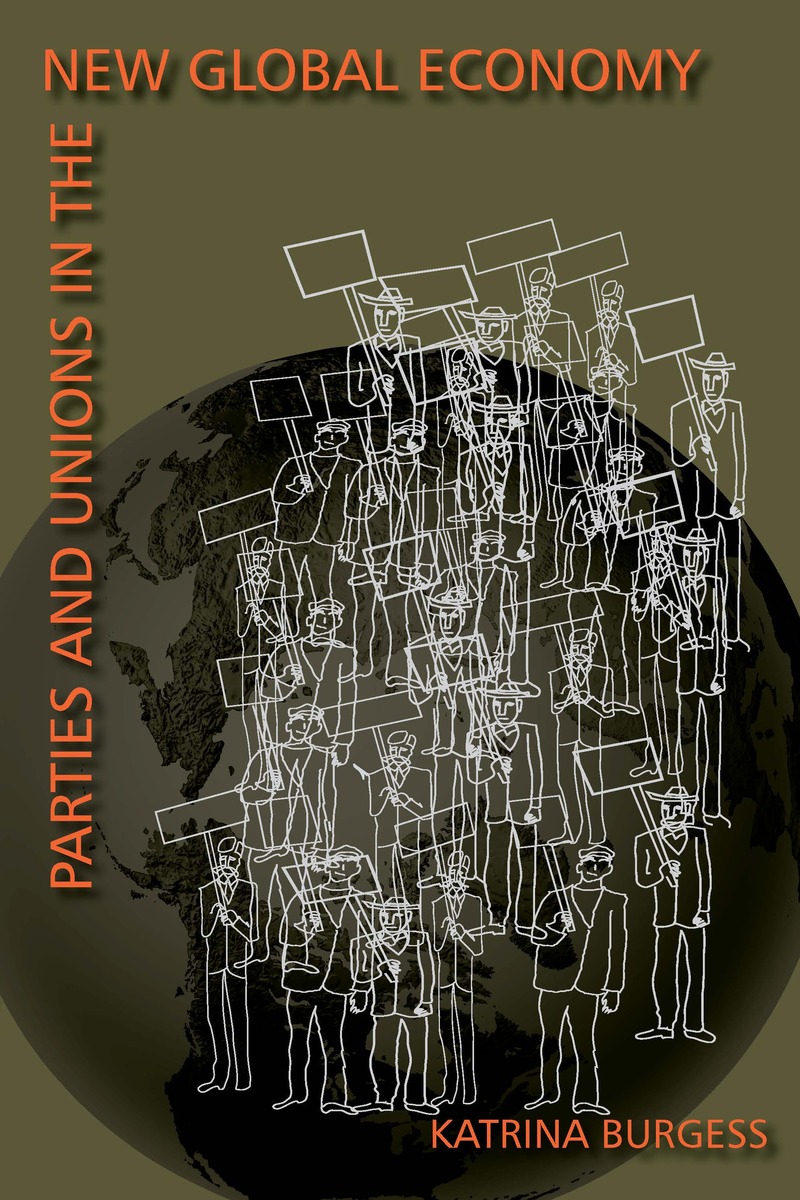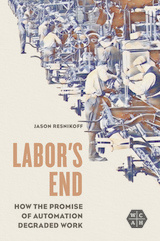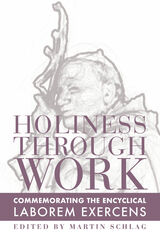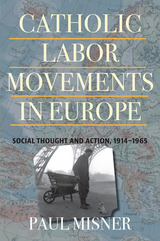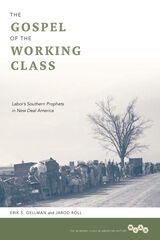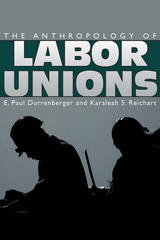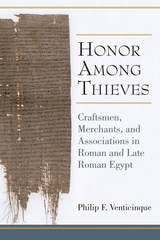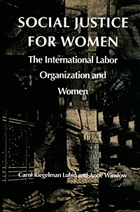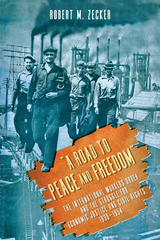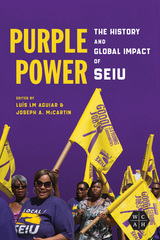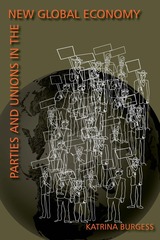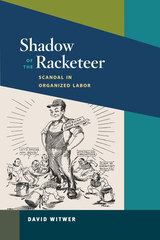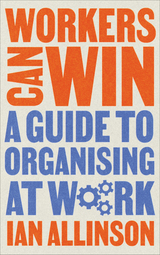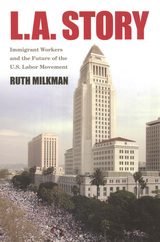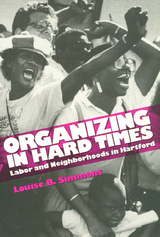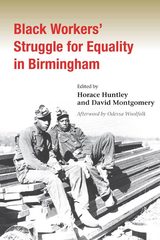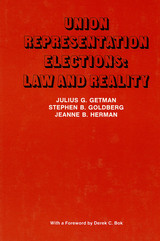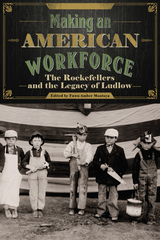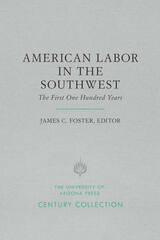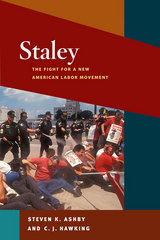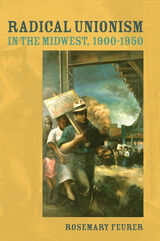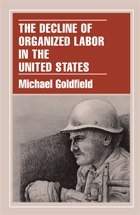eISBN: 978-0-8229-7248-8 | Paper: 978-0-8229-5825-3
Library of Congress Classification HD6487.5.B87 2004
Dewey Decimal Classification 322.2
For much of the twentieth century, unions played a vital role in shaping political regimes and economic development strategies, particularly in Latin America and Europe. However, their influence has waned as political parties with close ties to unions have adopted neoliberal reforms harmful to the interests of workers.
What do unions do when confronted with this “loyalty dilemma”? Katrina Burgess compares events in three countries to determine the reasons for widely divergent responses on the part of labor leaders to remarkably similar challenges. She argues that the key to understanding why some labor leaders protest and some acquiesce lies essentially in two domains: the relative power of the party and the workers to punish them, and the party's capacity to act autonomously from its own government.
See other books on: 1935- | Economics & Trade | Labor unions | Political parties | Venezuela
See other titles from University of Pittsburgh Press
